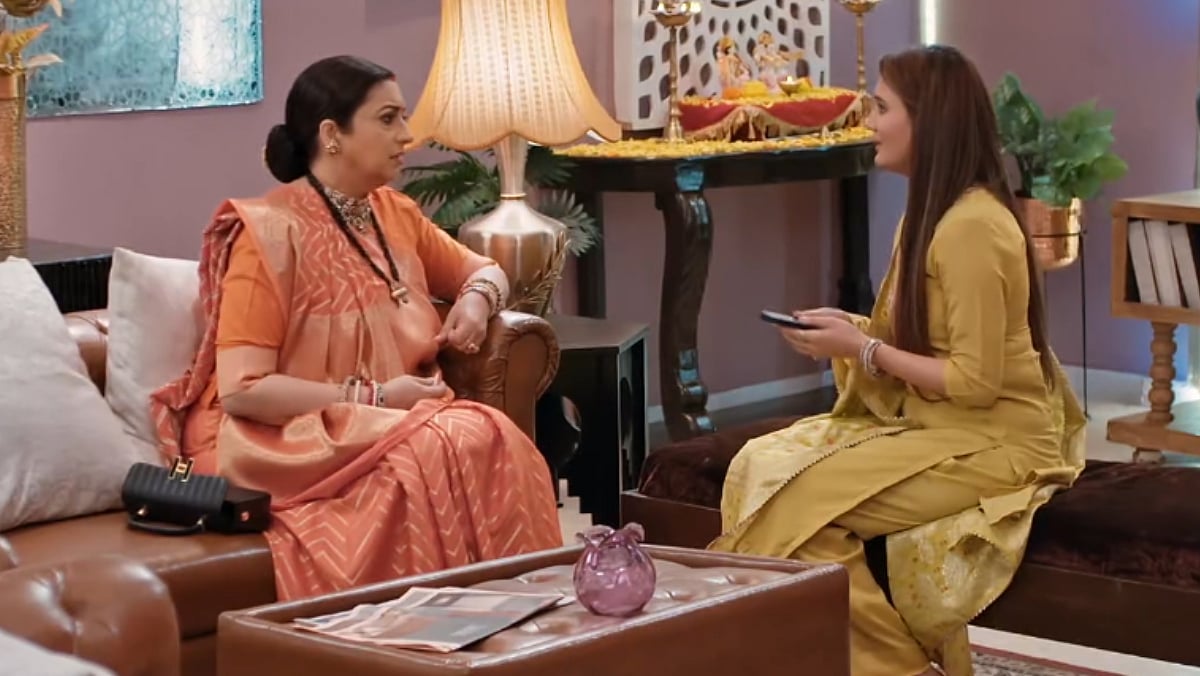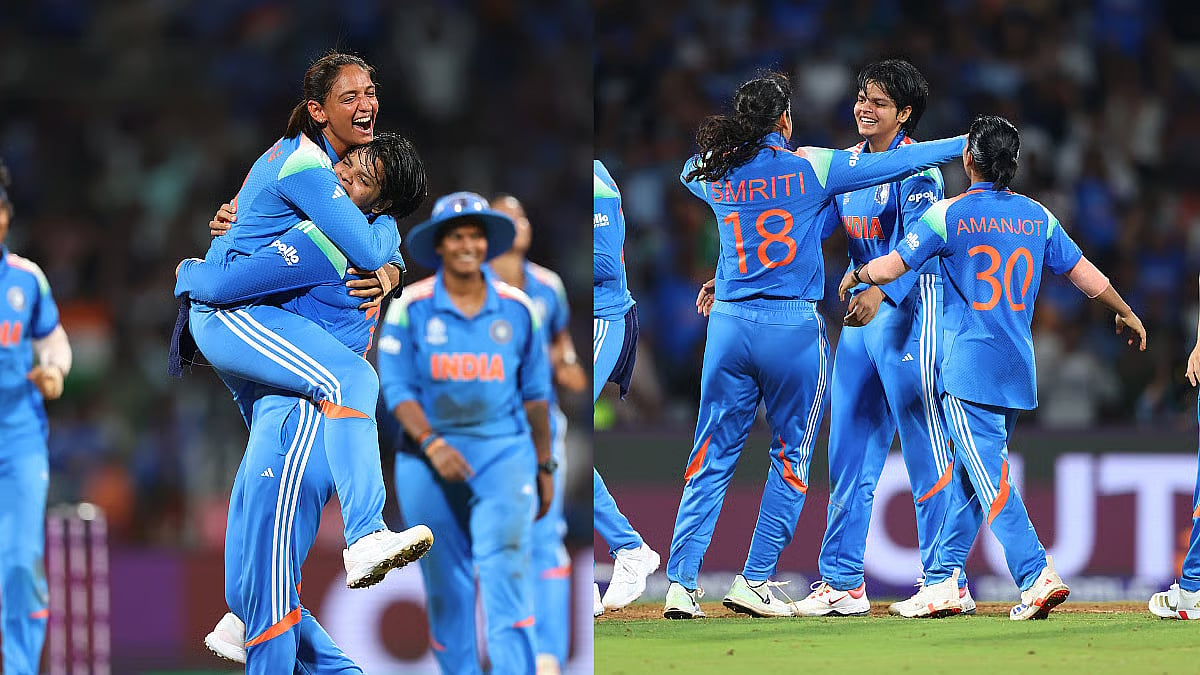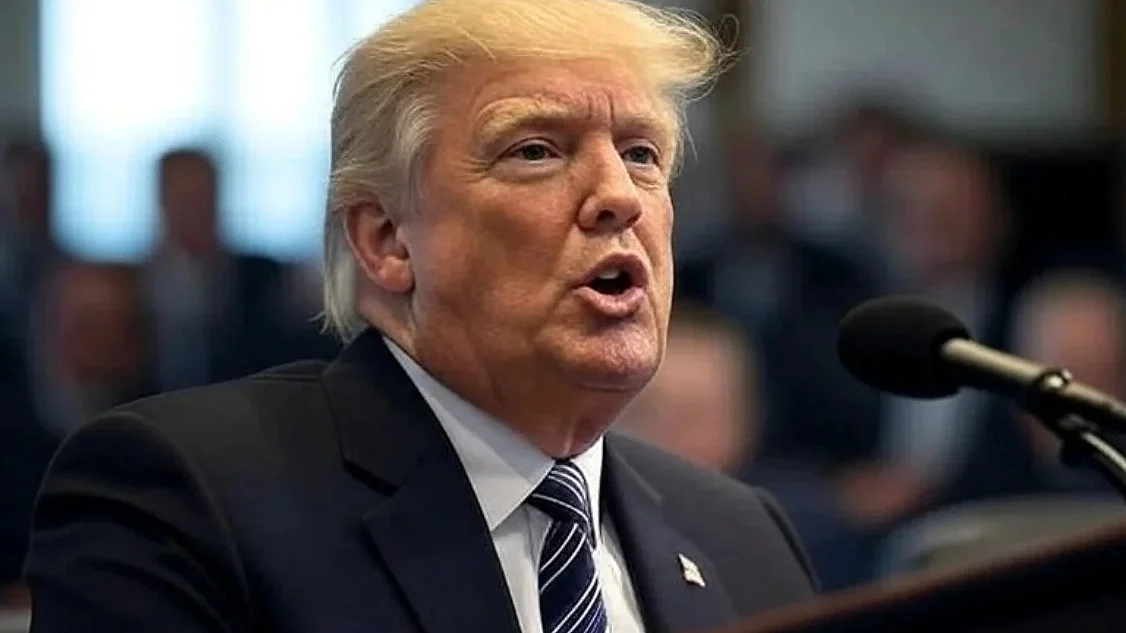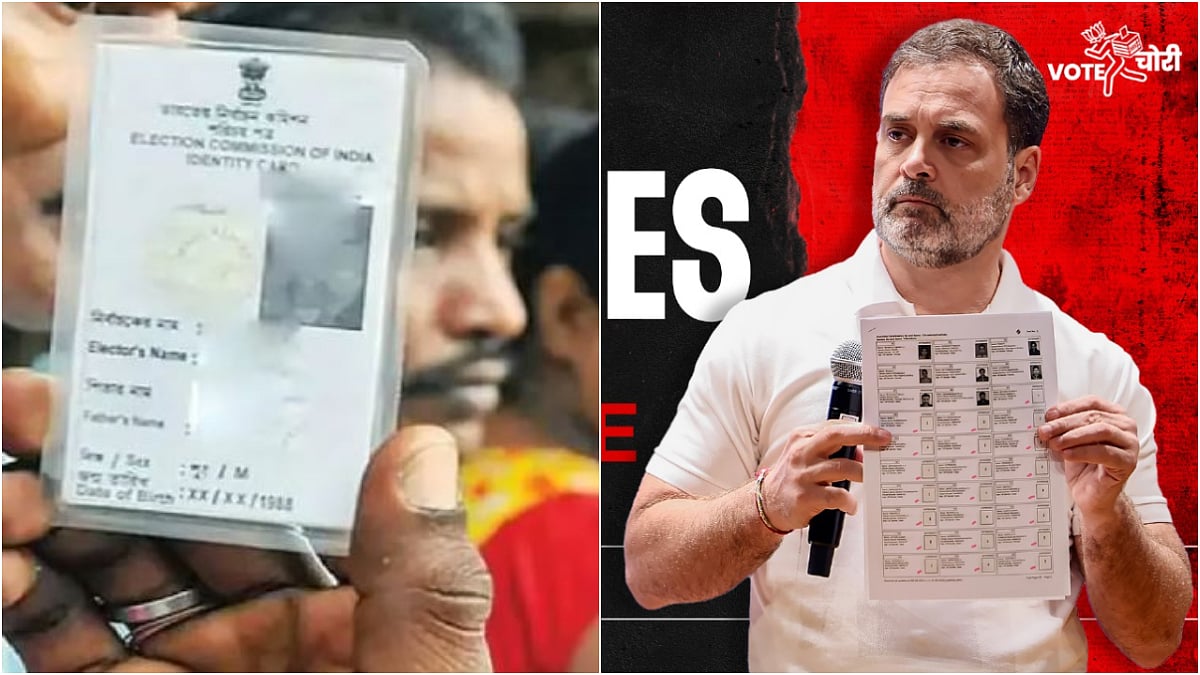Unhappy with the denial of a BJP ticket, Jaswant Singh, former finance and foreign minister in the Vajpayee Government, filed nomination from the Barmer Lok Sabha constituency on Monday as an independent candidate.
This was expected. Singh did not take kindly to the decision of the central BJP leadership to ignore his claim for Barmer, his home constituency. Instead, it gave the ticket to a Jat leader from the Congress who joined the BJP a few days ago. The logic was that the new entrant would further consolidate the prospects of the BJP in the neighbouring half-a-dozen parliamentary constituencies. However, an angry and embittered Singh smelt a conspiracy behind the denial of the ticket, blaming the Rajasthan Chief Minister Vasundhara Raje and the party president Rajnath Singh for his woes. Singh, 76, was keen to fight the last election of his long political career from his home constituency. His son, incidentally, is a BJP MLA in Rajasthan. Even though an element of personal unease prevailed between Raje and Singh, the decision not to nominate him from Barmer could well be dictated by pure electoral factors. Unfortunately, those denied tickets do not sufficiently appreciate the larger context in which the process of ticket-distribution is carried out. If, for example, the party has not re-nominated Harin Pathak from the Amhmedabad (East) Lok Sabha constituency, whether the fact that he had represented it for the last seven terms was reason for him to be rewarded yet again or was the reason for denying him the ticket cannot be said with any degree of certainty. The argument about his seven terms cuts across both ways, though Pathak, predictably, has not taken kindly to the denial of a ticket. Again, if Singh held Raje for his non-nomination, Pathak was quick to suspect the hand of Gujarat Chief Minister Narendra Modi behind his ticketless state. He too has promised to make his next move after consulting his `followers’ in the constituency. A number of other BJP leaders who have similarly found their ticket hopes dashed have criticised the party leadership. Some of these unpleasant developments are unavoidable at the time of ticket-distribution, especially by a party widely seen to be on a winning streak. Indeed, a priori, there may be no justification for admitting defectors, and, especially, for rewarding them with party tickets. But when the objective is to maximise the seat tally, any party in BJP’s position too would open its doors to newcomers who promise further accretion in the vote-share. Questions of party loyalty and ideological allegiance recede in the background when winning is the sole criterion. Even in UP, Bihar and Madhya Pradesh, a number of defectors from JD(U), RJD, Congress and other parties have found entry in the BJP in recent days, and quite a few have been rewarded with nominations. This has naturally led to some resentment and even disgruntlement among the old faithful, though the party leadership does not seem to be worried. However, senior leaders like L K Advani and Sushma Swaraj have obliquely encouraged this show of resentment by expressing their own unhappiness at the way the party tickets were being distributed. They ought not to have gone public with their feelings of `hurt,’ especially when in large sections it would be seen as a case of sour grapes, considering that both were keen to be where Modi finds himself at present.
Also, the ascendancy of Modi in the party necessarily would entail some blood-letting, the pangs of transition from the old to the new guard. Swaraj might not have been entirely wrong in persuading herself that as the Leader of the Opposition in the Lok Sabha, she ought to have been a natural claimant to be the BJP’s prime ministerial candidate. Because Modi has found much greater traction with the party cadres and outside with the ordinary voters, Swaraj ought to reconcile herself to the new order in the party. Her constant sniping and grandstanding can only lead to her marginalisation. The case of Advani, Singh, Joshi and others in the 70-plus age group is slightly different. Even if they are reluctant to retire, for a relatively young electorate, they are an oddity. If they fail to take the hint, the voters would willy-nilly force retirement on them. Therefore, the least they can do for the party is to refrain from creating problems for the new leadership. Admittedly, as we said, a degree of resentment and disgruntlement at the time of ticket-distribution is inevitable. But it is incumbent on the senior leaders not to aggravate the situation by encouraging discontent and disaffection by being openly seen as dissidents. Ultimately, it harms their own interests.









